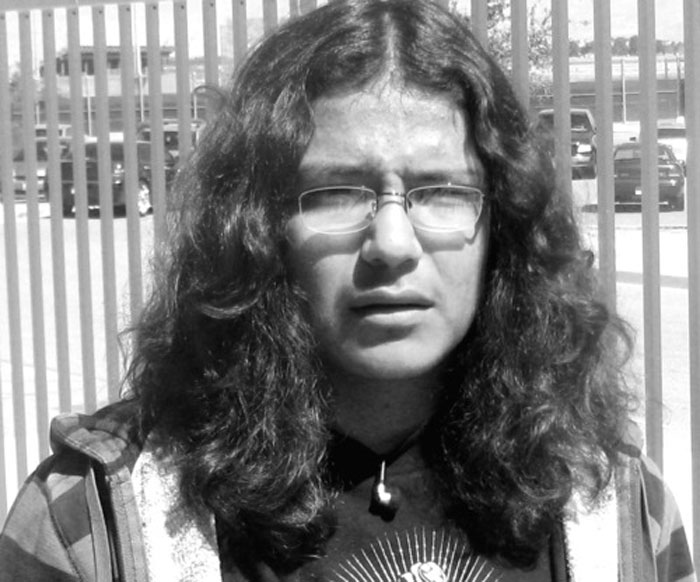
By Omar Ramirez, Coachella Unincorporated
As we all seek equal opportunity here in the United States, there are many of us who are cast aside, a large number known as the minority, a minority largely composed of undocumented
field workers and students. These marginalized groups, along with Native Americans and African-Americans, have been oppressed for many years, and have ultimately decided to spark some change by introducing the well known DREAM Act to the Senate.
The DREAM Act provides a conditional path to citizenship for undocumented students who have been residents of the United States for a consecutive five years prior to enactment of the bill and seek to continue their education. The students must complete a college degree or two years of military service.
The Development, Relief and Education for Alien Minors, known as the DREAM Act, was first introduced to the Senate in of August 2001. Although not originally known as the DREAM Act throughout the last decade, similar versions of the DREAM Act have been introduced yet proved unsuccessful. It is estimated that the approval of the bill will produce a high gross income for the economy in future years.
The rejection of the DREAM Act and recent establishment of SB 1402, which requires undocumented Indiana students pay out-of-state tuition rates, has navigated a domino effect throughout many states leading to youth activist protests. One particular youth protest group known as the Indiana Five consisted of undocumented high school graduates protesting in the governor’s office at the risk of being deported from their homes, in hopes of vetoing SB 1402.
They stood strong throughout their protest and after being detained and at risk of deportation, they began a hunger strike. I joined the Indiana Five in their hunger strike for four days, and I learned what it really means to fight for a belief that you yourself are willing to place your life on the line for.
In general, the immigration issue is not just an isolated incident reduced to minor ethnic groups. Immigrants in the United States face a mixture of many types of racism and inequalities, which produce the many issues that populate our communities. Here in the Eastern Coachella Valley, immigration affects a very large of portion of our community’s youth and migrant workers. The father of a very close friend of mine was recently deported, and chose not to return to the United States simply because of the three-year prison penalty he will receive if caught entering the U.S. illegally. This is the result of a third offense. He is now in a daily struggle, caught between the capitalist ideals which have made him a statistic. Trying to keep a roof over his head, my friend has decided to join the Marines, in hopes of accomplishing for himself what his father could never provide.
Issues like these have flooded my community for many years in different shapes and forms, establishing known and unknown barriers for youth. Barriers such as these leave teenagers to seek a different way around the barrier. They find it easier to not think ahead and simply become a blue collar worker, therefore never leaving the equation and continuing to contribute to the problem.
